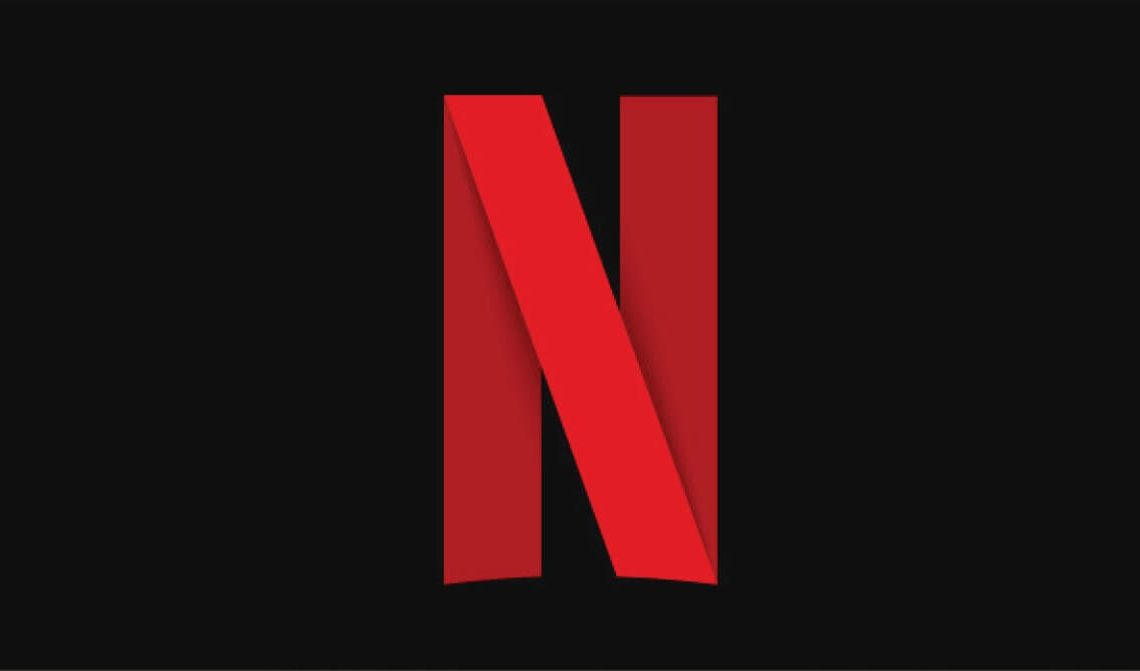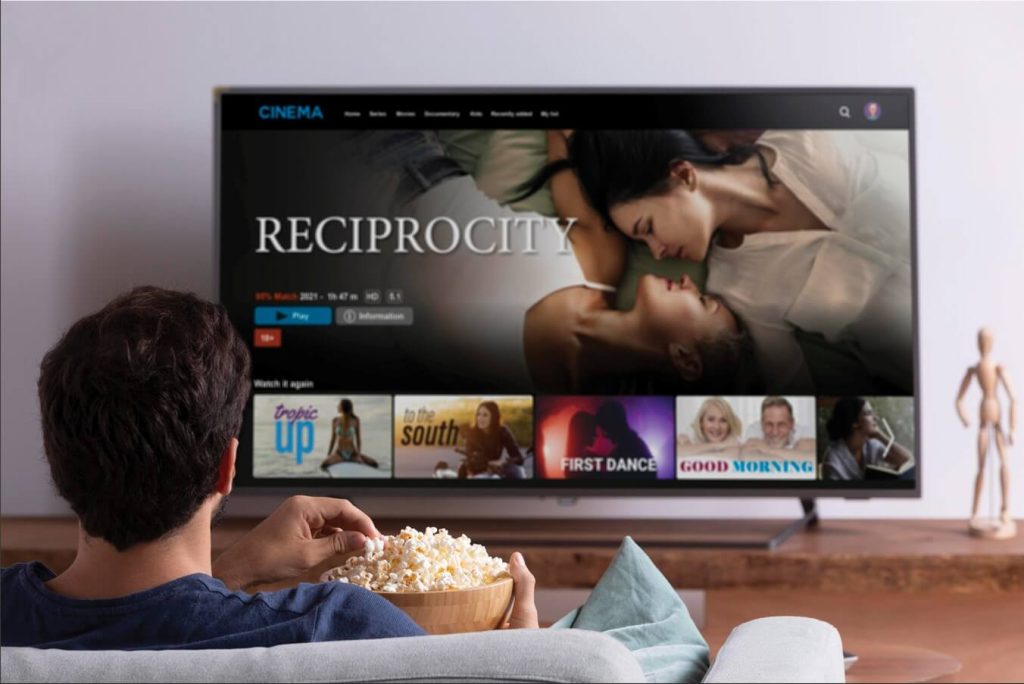Netflix: Revolutionizing Home Entertainment and the Film Industry

Netflix, originally launched in 1997 as a DVD rental service, has transformed into a global streaming giant, fundamentally altering the landscape of home entertainment and the film industry. From pioneering the streaming model to reshaping how content is produced and consumed, Netflix’s influence is profound and multifaceted. This article explores how Netflix has changed home entertainment and the broader implications for the film industry.
Pioneering Streaming Technology

Netflix’s transition from a DVD rental service to a streaming platform in 2007 marked the beginning of a new era in entertainment consumption. By offering an extensive library of films and TV shows accessible via the internet, Netflix not only provided unparalleled convenience but also set the stage for the decline of traditional video rental stores and services. The convenience of streaming, combined with the ability to watch on multiple devices, appealed to a broad audience, setting a new standard for how media could be consumed on-demand.
The Binge-Watching Phenomenon

One of the most significant cultural shifts induced by Netflix is the concept of binge-watching. By releasing entire seasons of television shows at once, Netflix changed the narrative structure and viewer habits around TV series. This approach not only altered viewer expectations but also pressured traditional TV networks to adapt their content strategies. Binge-watching has increased viewer engagement and loyalty, making TV series as immersive as reading a book or watching a long movie.
Impact on Film and Television Production
Netflix’s foray into original content production with shows like “House of Cards” and “Stranger Things” and films like “Roma” and “The Irishman” has had a substantial impact on the industry. By investing heavily in original content, Netflix not only expanded its library but also started a trend that other streaming services would follow, leading to an explosion in the volume and diversity of content available. This democratization of content production has provided opportunities for new voices and stories that might not find a place in traditional media outlets.
Global Reach and Localization

Netflix’s expansion to over 190 countries has brought global audiences into the fold, allowing for an exchange of diverse cultural content. Shows like “Narcos” (Colombia), “Dark” (Germany), and “Sacred Games” (India) have found audiences well outside their home countries. Netflix’s strategy of localizing content and investing in local original productions has not only expanded its subscriber base but also enriched the global content ecosystem.
Challenges to Traditional Movie Distribution

Netflix has also challenged the traditional movie distribution model, particularly the theatrical release window. By releasing films directly to consumers online, Netflix has sparked debates within the industry about the future of cinema and distribution norms. While this has led to conflicts with major film festivals and cinema chains, it has also forced a reevaluation of what movie distribution will look like in the future.
Economic Impact

The “Netflix effect” extends beyond culture into economics, where the company’s demand for content has created thousands of jobs in the film and TV production industry. However, its influence is also associated with increased competition among streaming platforms, leading to what some describe as an “arms race” in content production.
Conclusion
Netflix has indisputably transformed both home entertainment and the film industry. By introducing streaming as a new model for media consumption, fostering binge-watching, investing in diverse original content, and challenging traditional distribution models, Netflix has not only changed how audiences engage with media but also how the industry operates. As the company continues to evolve, its ongoing impact on global entertainment and culture remains a subject of keen interest and debate.






